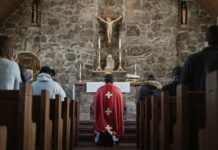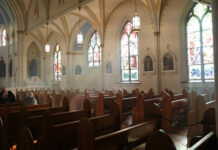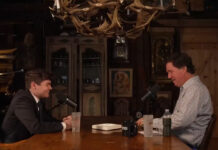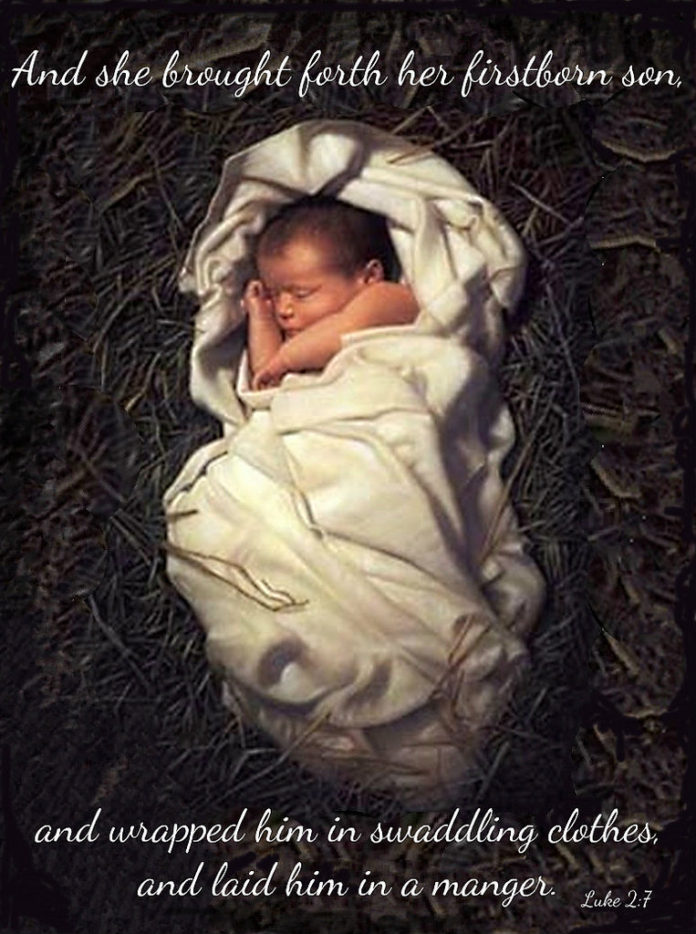

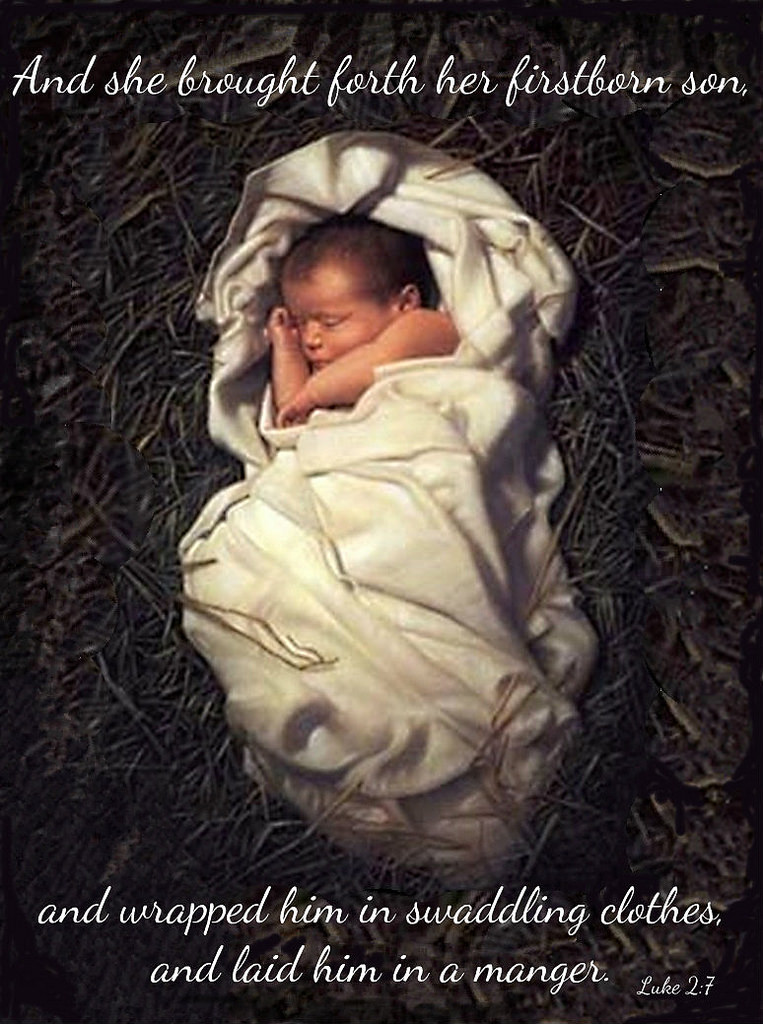

This year, I have the privilege of sharing the 2016 XYZ Christmas Message. And so I’m going straight to the source for Christians around the world on Christmas Night, to the Gospel of Luke’s memorable story of the birth of Jesus, the Son of God.
Luke is communicating huge, universal ideas in these first couple of chapters, but he’s doing that using very particular details about a specific place and time. God’s plan centres on one person who entered the human race as a baby, and who would be born, live and die, out of love for all of us.
Chapter 2 opens with a list of people the world would consider great, beginning with Caesar Augustus issuing a decree for the ‘whole world,’ and then his less-important delegate Quirinius looking to the area of Syria. And then two simple people Mary and Joseph, setting out from Nazareth for Bethlehem – an insignificant town in Judea.
Mary has been told that she will be the mother of God and her actions show wisdom beyond her years. She’s humble, she’s calm, and she’s assured that everything is going to be okay. It’s like she’s said, “I don’t understand how this can be, but I trust God, and I believe in His plan.”
Most of us grew up thinking that the next part of this story is that Mary and Joseph then had a frantic time trying to hire a room in a public inn, only to be begrudgingly offered a makeshift bed in an animal stable. But this isn’t what the text is telling us.
Westerners have for centuries kept animals in a separate space to the family, and so Western Christians read this into the birth of Jesus. But this wasn’t, and still isn’t, the practice in Palestine, where animals are (at least for a good part of the year) kept inside at night.
Also, when you travel to your home town, as Joseph was, you don’t hire a room somewhere – you are honour-bound to seek out your relatives, and they are honour-bound to offer you hospitality.
Luke simply isn’t telling us that Jesus was born in a stable. In fact, the Greek word we get as ‘inn’ – ‘kataluma’ – is actually a more general word meaning ‘place to stay’ or ‘guest room,’ often a space built on the roof of a family home. So the more likely interpretation is that Joseph and Mary were actually staying with Joseph’s relatives in Bethlehem, perhaps his cousins, or maybe even his immediate family.
And that there wasn’t enough room in the cramped guest quarters to accommodate the delivery of a baby. So, Mary had to give birth elsewhere. Most likely in the main room of the house, on the lower floor, where there were mangers – which are depressions in the floor where hay would be put out for the animals when they were brought in at night.
So there was no room for Jesus in the upper guest room and he is instead born in the downstairs main room. This means that Jesus isn’t born in a stable away from everything, he is born right in the middle of a bustling home. From Jesus’ birth he is bursting into the centre of our lives, right in the thick of it and demanding our attention!
And then, as soon as Jesus is born – he is wrapped in bands of cloth and placed in a manger, a food trough. For all Christians who partake of Communion – believing we are receiving the body of Christ to eat – this little detail should make the hairs on the back of your neck stand up. Mary lays the baby Jesus in a food trough. This little instinctive act by Mary is almost spooky: she lays on a plate, as it were, the Word made flesh, who by the action of God would feed the whole world.
So bringing those details together, of Jesus’ birth in a home and his being laid in a food trough, it becomes clearer how the Christmas story is at the heart of our understanding of God’s becoming man and dwelling among us. By sending his Son to be born on earth in the midst of us, God is proclaiming the Good News of his love to every single member of the human race.
God chose to enter this world in the birth of a child. Through the self-giving of a mother crying in agony to bring a child to birth, and the child who would live and then die, crying in agony to save the world. And all this pain, wrapped, enveloped in Love.
Christmas crams the universal and the particular, the worldly and the divine, into one fragile human frame. God became what we are, to make us like him – to bring us to His life. That God made himself a child should astonish us – one tiny baby with the weight of the world on his shoulders.
So we’ve gone from Caesar Augustus, to Quirinius, to Joseph and Mary, and the birth of Jesus in a humble family home. Then finally Luke shifts to the lowliest of all in this story, shepherds in the fields. Humble shepherds who are given a personal and dramatic proclamation from an Angel of God! Luke has built up this list of people, but it doesn’t go from the humble to the highest – it goes right in the other direction! Those summoned to the manger are not the high and mighty, they are the simple and the meek, who are called with the words,
“To you is born this day in the city of David a Savior, who is the Messiah, the Lord. This will be a sign for you: you will find a child wrapped in bands of cloth and lying in a manger.” (Luke 2:11-12 NRSV)
Just like those Shepherds, we should hear this Christmas proclamation to ourselves. That God became human for you. God became small for you. To you is born this day a Saviour who is the Messiah, the Lord in flesh – to you a child is given. To YOU.
God the Word, in the ‘deepest, darkest hour, of the humblest, most obscure place on earth, leaves the royal throne in heaven to come and touch us.’ And this is the Christmas Proclamation: Emmanuel – God with us.
To close, a portion of a poem by Church of England Minister Glen Schrivener (video shared below):
He came to our darkness from heaven above,
He stooped to the crib and the cross out of love.
He shared in our weakness and meekness and mess,
And still He embraced us, nevertheless.
If you’re feeling rejected, excluded, a stranger,
Remember the one who came down to the manger.
No one’s left out by this God become small,
So have a blessed Christmas, one and all.
Photo by LittleGreyCoconut 

